
‘Breasts are easy to get through metal detectors’

The founder of the Ukrainian Femen protest movement, Anna Hutsol, is in Switzerland as an asylum seeker but has been denied refugee status. In an interview with swissinfo.ch, she describes how the topless protests emerged and gives her opinion on Crimea.
We meet her in Rapperswil, a town on the shores of Lake Zurich, where she lives in a refugee shelter. The good weather has arrived at last: the sun is shining brightly and swans glide over the lake’s smooth waters. Hutsol is an eloquent speaker with a clear analytical mind.
swissinfo.ch: How did Femen begin and what does the word mean?
Anna Hutsol: It all began in 2008, when I was 23. The name refers to feminism, calls to mind the French word femme, woman, and means “thigh” in Latin. After the 2004 Orange Revolution I became increasingly involved in public activism; we were young women looking for our path in life, and all this took form in Femen.
An organisation of this kind could not have emerged in Europe – women here don’t feel enough pain, anger and discontent – or in Russia, where there isn’t the same freedom of expression that we nonetheless had in Ukraine. Until 2010 we could really hold whatever protests we wanted wherever we wanted, and the police even kept a “friendly eye” on us.
But in 2010 we staged a protest against the cabinet of Mykola Azarov, demanding that women be included in the government – we were still fully dressed – and suddenly we found that the police were not standing behind us but in front of us like a wall, and that they were against us. That’s when the problems began, and I understood that we were on the right track.
Born on October 16,1984 in the town of Khmelnitsky in Ukraine, the organisation Femen was set up in April 2008 on Hutsol’s initiative. The movement is not officially registered anywhere. Its most famous activists are Inna and Alexandra Shevchenko, Oksana Shachko and Yana Zhdanova.
The organisation’s website announces that its activists are waging, “with their whole bodies”, a “war with the world of patriarchy”. It continues: “Our mission is protest. Our weapon is bare breasts,” and the method of struggle is “sextremism, or sexual extremism, a fundamentally new format for the feminist movement.”
Having started with provocative theatrical demonstrations, over time the activists adopted the strategy of “bursting in” on well-known public figures or events, breaking through security “at the right time and in the right place” in order to come face to face with their targets.
Thus, in spring 2013 topless protesters rushed at Vladimir Putin and Angela Merkel at the Hanover trade fair. The chain-sawing of a wooden cross in Kiev caused a major sensation.
Anna Hutsol left Kiev in summer 2013, before the start of the Maidan protests, after criminal charges were brought against the movement for the illegal possession of weapons.
“We were called as witnesses, and I did not want to wait around until they redefined us as the accused,” Hutsol explained. Now all the Femen participants have left Ukraine and they call their movement international.
swissinfo.ch: Who first said ‘let’s undress’?
A.H: We chose a feminine, sexual and fragile image and, yes, a grotesque one too, in order to attract attention. But undressing was a gradual process; first we just showed our bare backs with slogans painted across them. Then at one of our actions we thought: “Why shouldn’t one of us go topless?”
It’s interesting that at the social protests going topless had no effect whatsoever, and we didn’t even consider it to be a promising form of action. But then, at the end of February 2010, we took our tops off at the polling station where [former Ukrainian president] Viktor Yanukovych was voting.
This interference by topless women in politics meant that, overnight, we were a sensation. We realised that bare chests angered and irritated our macho leaders immensely. And we were glad to have found such a good instrument – your breasts are always with you, they’re easy to get through metal detectors and they symbolise peaceful protest.
swissinfo.ch: Why do you not like Russian President Vladimir Putin?
A.H: When Yanukovych came to power and Russia’s influence over Ukraine began to grow, we instinctively understood that this was bad for the feminist movement. We didn’t want to suffer the same fate as Russian women; we dreamed of living like European women.
But when our government began to cooperate with Russia we knew we were heading away from the European path. When Vladimir Putin came to Kiev in 2010, we staged the action “Ukraine is not Alina”. This slogan had to be explained to foreigners [it refers to rumours that Putin was romantically involved with former champion gymnast Alina Kabayeva], but local people liked it.
On March 4, 2012, the day of the presidential elections, we held a protest at the polling station in Moscow where Putin was voting. We forced our way inside and one girl, who had the words “I’m stealing for Putin“ painted across her body, grabbed the box where Putin had just cast his ballot. Three girls were arrested and held in custody for five to 12 days. I managed to get away. Since then we have been personae non gratae in Russia.
swissinfo.ch: Are the topless girls not afraid of getting hurt?
A.H: Protests give you such an adrenalin rush that you feel neither cold nor pain; only afterwards do you realise that something is dislocated. We go to the police stations unarmed. We practise undressing at high speed.
The girls jog and do exercises. With the help of a self-defence trainer they learn how to break loose when seized. In Kiev I dreamed of organising self-defence courses for anyone who wanted, but unfortunately we did not manage to do this.
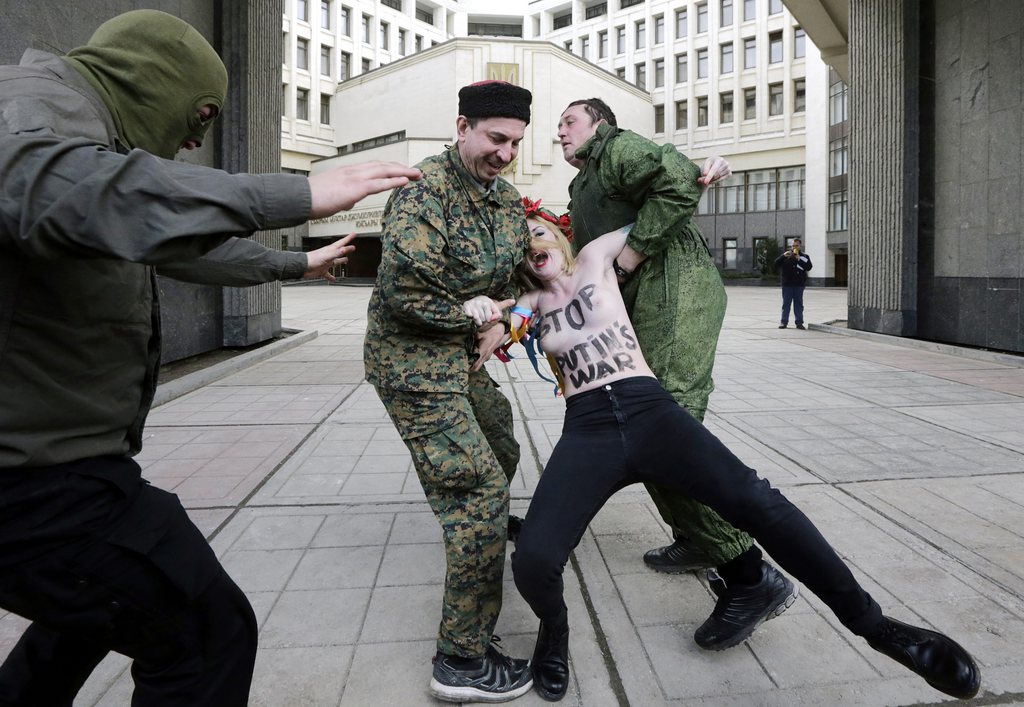
swissinfo.ch: Feminists say that your girls discredit the feminist movement.
A.H.: There are different kinds of feminists. In all spheres of life there is competition, and in feminism all the more so. The French feminists of the 1970s love us. They were militants, they held demonstrations and broke into churches. However, the next generation of feminists became too absorbed in theory, and arguments started about who was the most feminist, which is, of course, absurd.
I see the representatives of feminism as being like a big army. There is the headquarters which thinks up theories and devises strategies. There is the rear, that is, the rehabilitation centres for women victims of violence in various forms. And there are the shock troops, Femen. So I don’t understand the feminists’ indignation. We shouldn’t be fighting each other but rather the patriarchal order.
swissinfo.ch: Tell us about your efforts to seek asylum in Switzerland.
A.H.: I appealed to the Swiss authorities for refugee status. I am in fact a “Dublin case”, that is, my visa was issued by France, so I should have gone to France. However, three years ago my sister married a man originally from Ukraine but living in Switzerland. She learned the language, took a cookery course and works here as a chef. She is the only relative I have abroad.
Lawyers from the charity Caritas handled my case for free, but recently I received a refusal from the Swiss authorities. I appealed the decision, but this is most probably just a formality and there is no chance.* At the moment I’m living in a refugee shelter in Rapperswil. I can come and go as I please, but at night I must be back in the building. The hardest thing of all for me at the moment is accepting that I don’t have the right to make my own decisions about my life and what I want to do, to make future plans.
swissinfo.ch: Switzerland is often accused of being conservative because women here were the last in Europe to get the right to vote, in 1971. What do you think about the life of women in this country?
A.H.: In Switzerland family and marriage are very important; there are many families with children. Women have socially stable lives and can choose their studies and profession. On the negative side, prostitution is legalised, which is terrible. The vast majority of prostitutes are foreigners from poor countries. Another problem is the non-adaptation of women migrants whose only social contacts are their own families. They often come with their husbands who simply keep them locked up.
Language courses are held for refugees, but few women and girls attend. One woman in our shelter doesn’t even leave her room; her husband brings her food from the dining hall. Unfortunately, women migrants do not enjoy the same freedoms as European women, whereas they should take off their scarves and breathe in the air of democratic society.
swissinfo.ch: Why don’t you return to Ukraine now Yanukovych has gone? And what do you think about the conflict over Crimea?
A.H.: First of all, Yanukovych’s departure does not mean that the legal charges against us will be lifted. We backed the protesters on the Maidan [the central square in Kiev]; our supporters worked there as volunteers and not as Femen. But now we are frightened by the nationalist forces that are gaining power in Ukraine. And it’s a real pity that the country is being divided, that we are losing Crimea.
Our leaders made a big mistake: instead of building a unified nation over the past 20 years they fostered nationalism, and as a result the people of Crimea are now waving Russian flags. That’s what caused the country to split. We don’t support any of the politicians, but we really want to see someone at the helm in Ukraine who could overcome this east-west divide.
swissinfo.ch: At a very young age you set up from scratch an organisation that is a global sensation. Are you pleased with the result?
A.H.: I’m 29 and I have neither a car nor a home; however, I have had the good fortune to do work that I liked. Now in Switzerland I think a lot; I observe everything. The landscape is beautiful, but as regards street actions there are issues to be worked on.
As Switzerland often holds elections and referendums, which draw attention to different problems, this provides a host of possibilities for the organisers of political actions. There are many interesting genres such as performances, flash mobs and sabotage. I would like to learn more about them and share my experiences.
*Since this interview took place, Hutsol’s appeal for asylum in Switzerland was denied.
(Translated from Russian by Julia Bassam)

In compliance with the JTI standards
More: SWI swissinfo.ch certified by the Journalism Trust Initiative
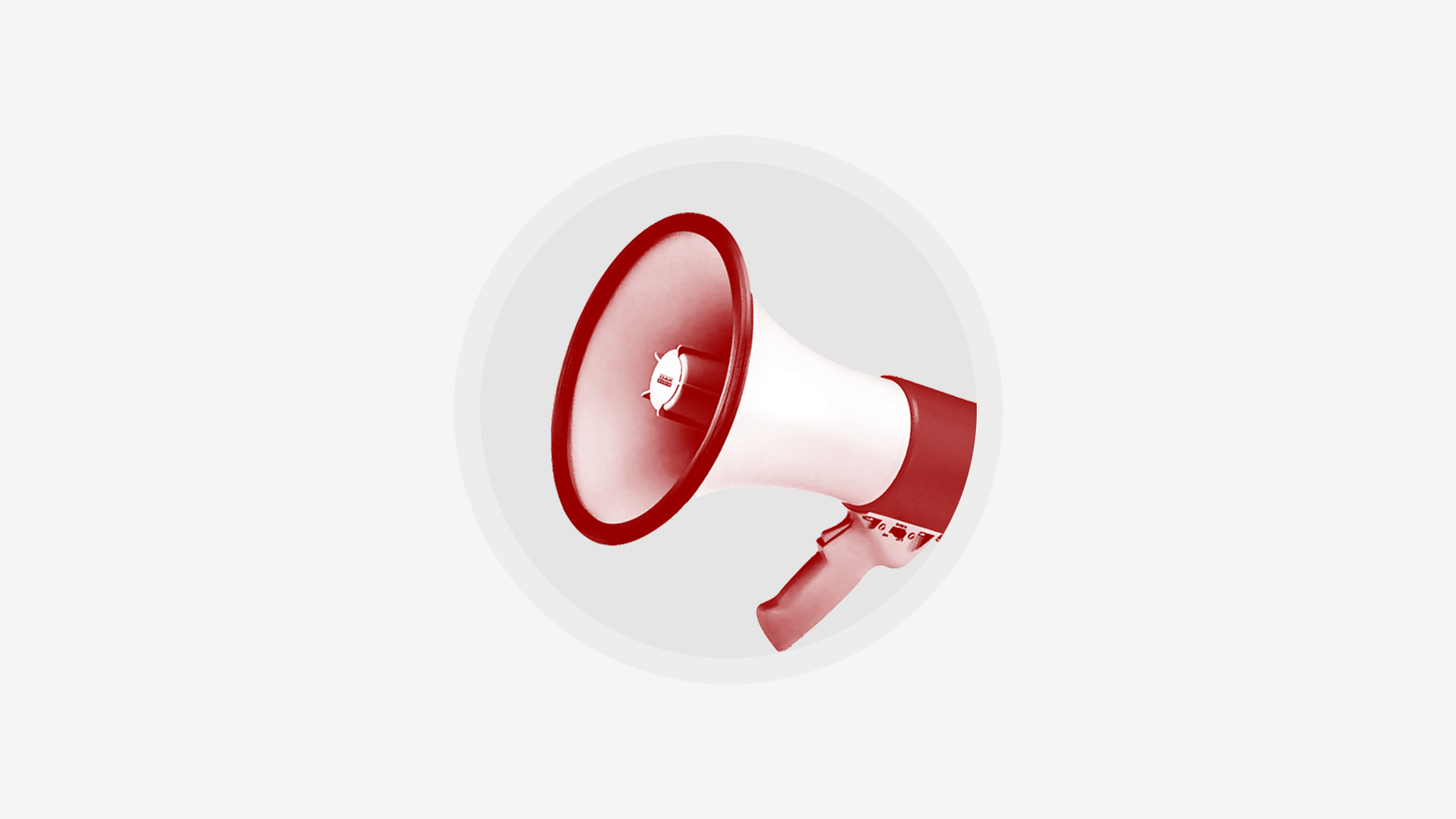

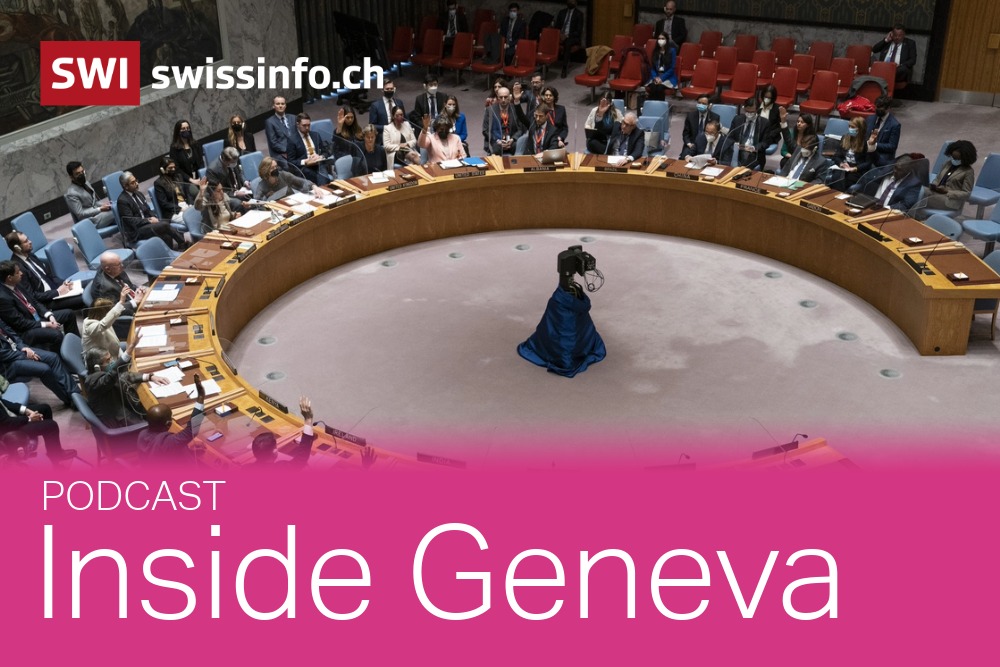









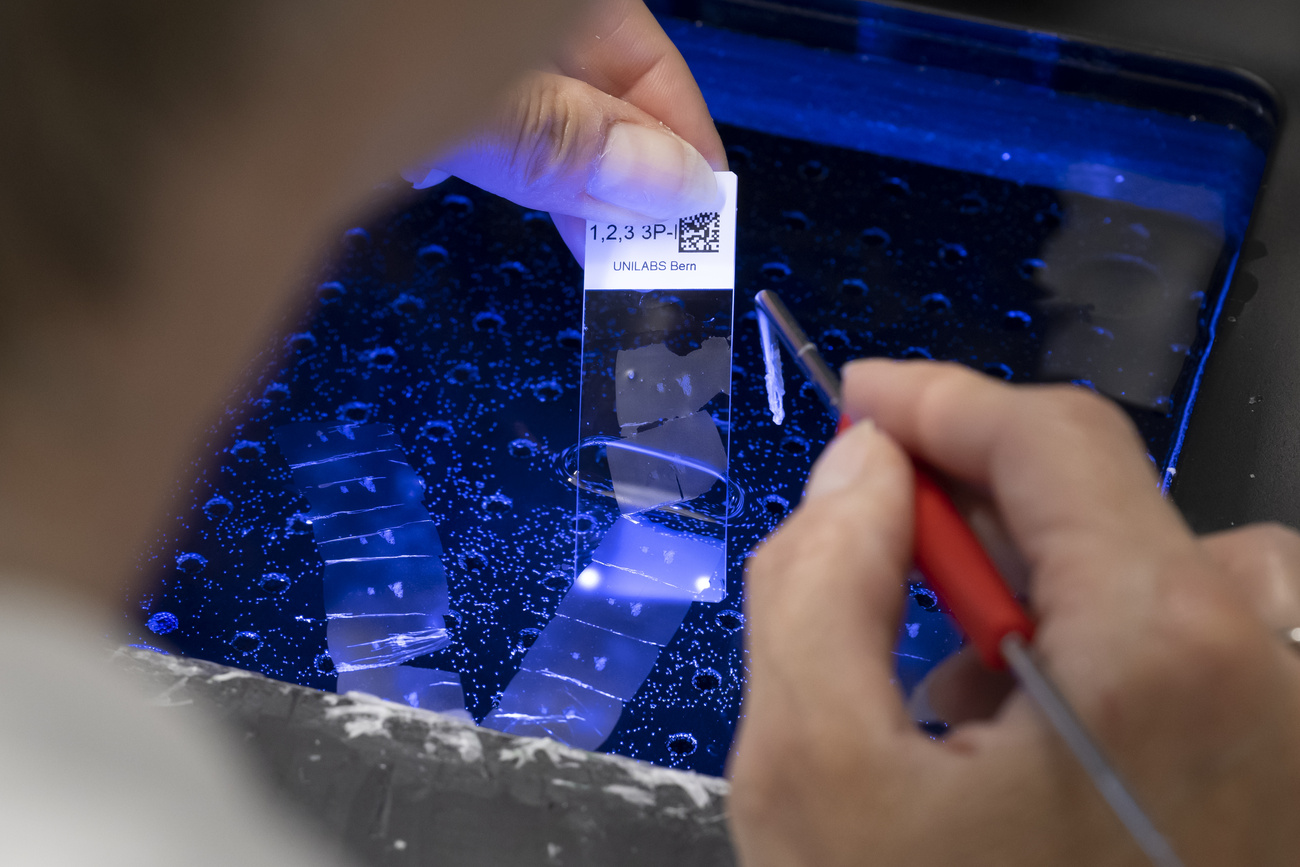


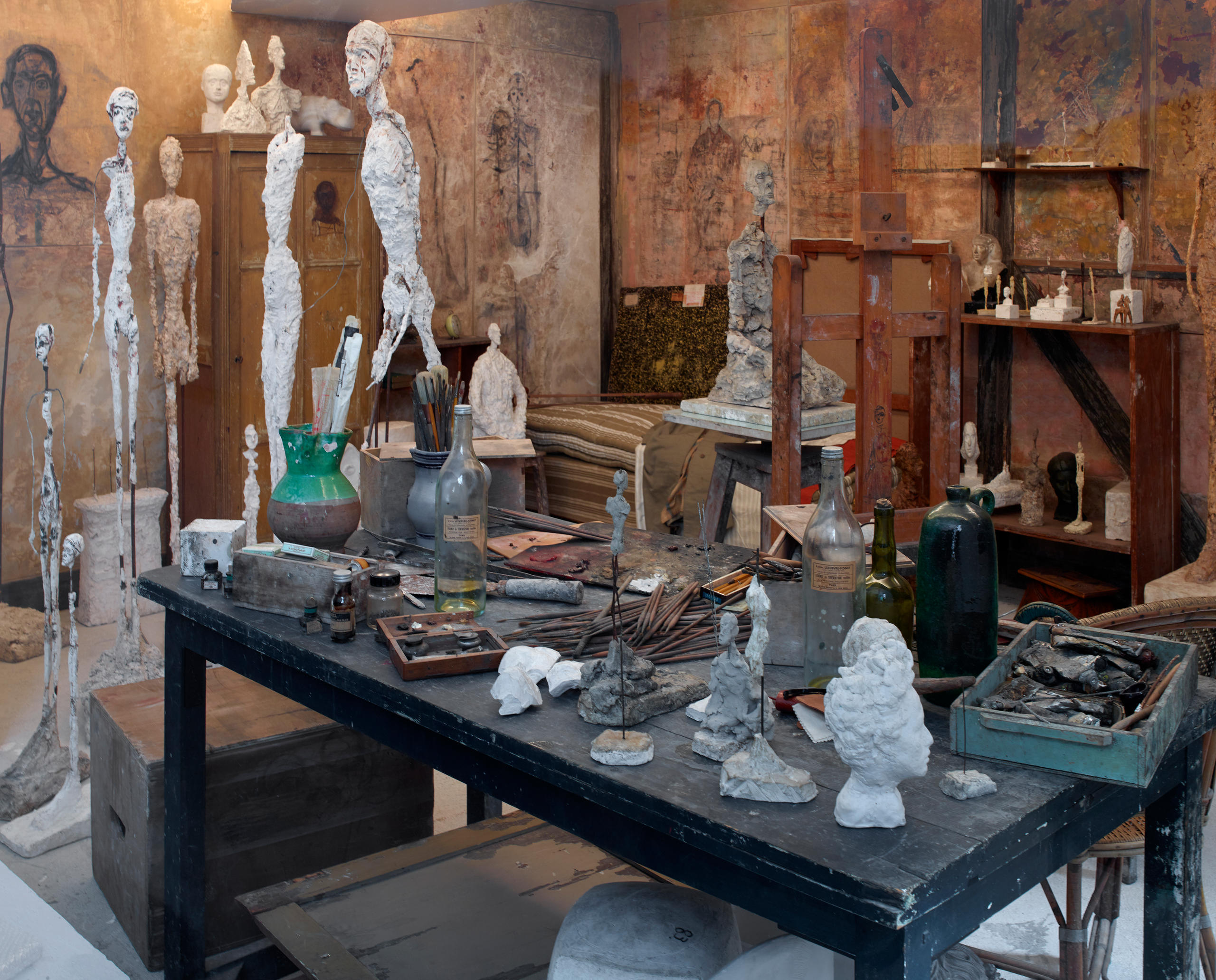


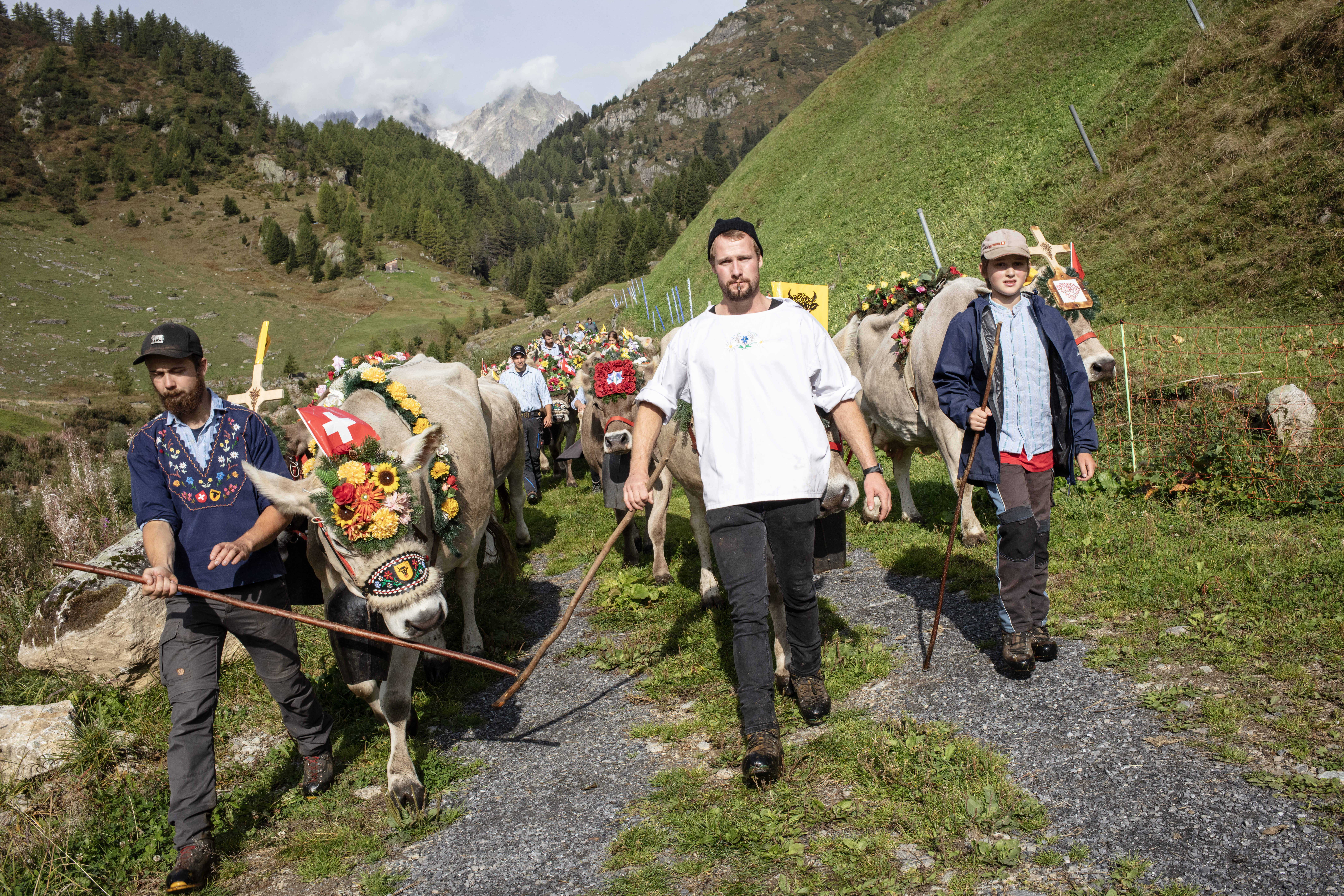








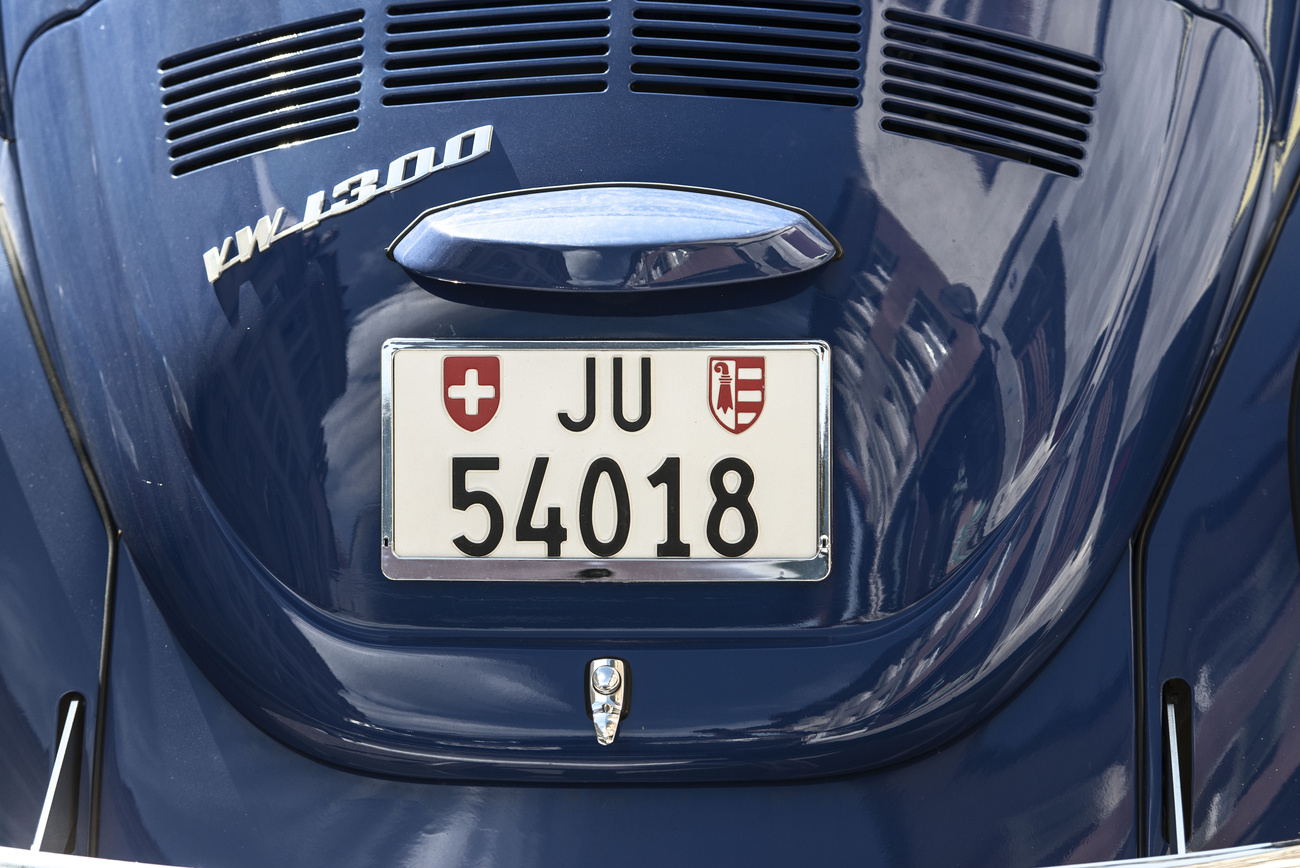
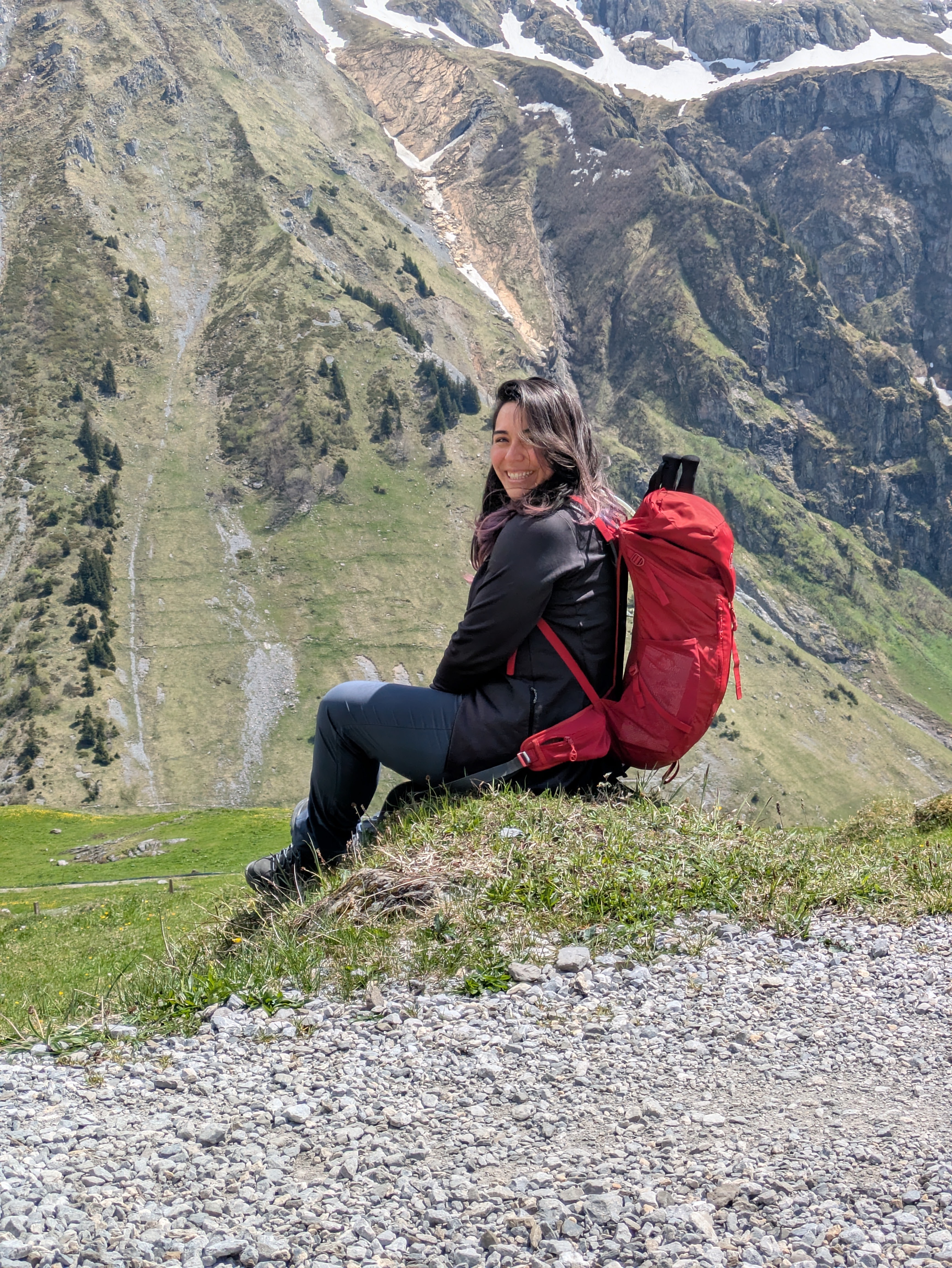

You can find an overview of ongoing debates with our journalists here . Please join us!
If you want to start a conversation about a topic raised in this article or want to report factual errors, email us at english@swissinfo.ch.